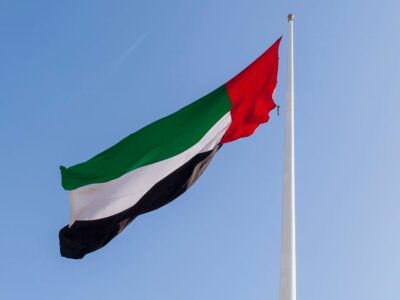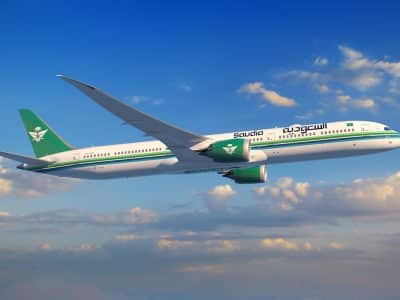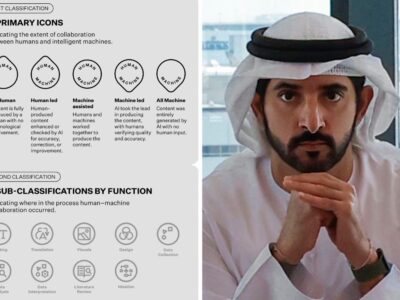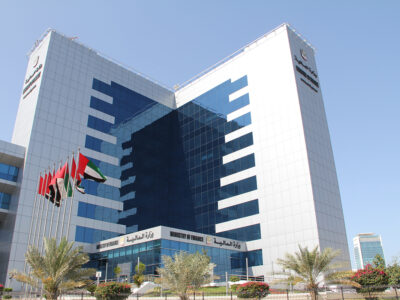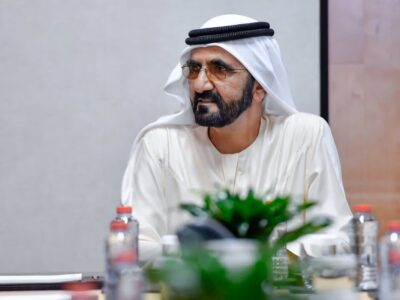The Forte name has been synonymous with the hotel industry for some time.
Italian born Charles Forte, who moved to Scotland at a young age, once owned a large stake in one of London’s most prestigious properties – The Savoy – and from there developed a multi-billion pound business that by the 1980s included some of the UK’s biggest hotel and catering brands – Crest, Forte Grand, Travelodge, Posthouse hotels and Little Chef and Happy Eater roadside restaurants, to name but a few.
I like the luxury sector because the product is very complicated and difficult to deliver.
The hotel magnate, who during his life was knighted ‘Sir’ and then ‘Lord’ Forte, handed over his business to his son, Sir Rocco Forte in 1993, and a £3.9 billion (US $7.8 billion) hostile takeover bid from former British media and catering giant, Granada, soon followed, leaving the Forte family with around £350 million in cash.
Since then, the Rocco family’s business ventures have been kept more low-key as far as headline-grabbing news is concerned, but Sir Rocco Forte has been quietly, but diligently, re-shaping the Forte’s hotel empire in the form of a luxury hotel company – Rocco Forte Hotels, comprising 10 properties across Europe.
In July, the company was re-branded ‘The Rocco Forte Collection” to reflect that like ‘collectables’, each property in the Forte portfolio is individual in character and style, but linked by the company’s core brand values – “elegant design and attentive personalised service”.
By better defining the properties, Sir Rocco is paving the way for the company’s future growth, with further European properties and a move into luxury resorts on the agenda.
LTN grabbed 30-minutes with the charming Mr Forte to discuss these plans and to discover what makes the man tick.
Why did you take the decision to concentrate on luxury hotels?Did you see more commercial potential in this area of the market or was it due to a personal passion for creating a luxury portfolio?
I have a passion for luxury and I think we have to have it if we want to be effective in this business. I saw an opportunity because in terms of Europe and city centre hotels, there was no hotel group that had significant coverage and to some degree, that’s still the case. We are one of the biggest with 10 properties and another two opening in the next two months. I like the luxury sector because the product is very complicated and difficult to deliver. There are a lot of small details that go into delivering the overall product.
What luxury hotel trends have you noted in recent years and how do your properties relate to this?
There are two major trends; designer hotels and boutique hotels. There are more hotels that are design-led, but the trouble with most of these is that they look good in photos, but they are not practical. Our hotels have a strong design theme running through them, combined with a boutique style. They are intimate and informal, and the younger clientele likes this. None of our properties are too big – around 150-160 rooms – so we can treat the guest as an individual and tailor our service to meet their needs. Many hotels build the same model wherever they go, but each of ours is different and reflects the country or city in which it is built, which is what the luxury traveller wants.
We create a friendly atmosphere; our staff are approachable and friendly, without being intrusive. Stuffy staff members still exist in some five-star hotels, but not in mine!
There was a time when if you went to [prestigious UK hotel] Claridge’s wearing jeans, you would be turned away. Nowadays this is over-the-top and not appropriate as there are more young people with money travelling. However, guests wearing shorts in a hotel lobby is something I’d rather not see.
What is your impression of hotels in the Middle East?
The Middle East is a very broad area. There are some very good hotels and some very poor ones. I haven’t stayed in any of the new Dubai properties recently, which are probably amongst the best in the Middle East.
Are you planning to open properties in the Middle East?
We are looking at possibilities. The locations are pretty obvious I think and the interesting thing is that the Forte brand is becoming well known and we are starting to get approaches from the Middle East, mostly with a view to us managing [rather than owning] properties – they are investors who don’t need my help!
The type of properties we would manage – city hotels or resorts – would depend on the destination. In Dubai we could be big, but I am not being hugely proactive (with regards to expansion in the Middle East) at present. However, we have just signed a golf and leisure resort in Marrakech, Morocco.
Why have you decided to branch out into leisure resorts?
The customers who come to us for business reasons go on holiday, and also, a lot of our city centre hotels attract leisure business too. There is no huge difference between the two really.
In which cities would you like to open further properties and do you have an optimum number of hotels you would like own or manage?
There are a number of locations where I would like to be – Milan, Paris, Madrid, Barcelona, Amsterdam, and Venice, for example. I don’t have a figure in my head; we will see how things develop. We already have 15 properties and we can easily add another 10 or 15 to that. That would still allow me to keep a close involvement in all of the hotels, which is what I like to do.
I am currently discussing a project in Moscow and there are definitely opportunities in Hungary and other former Eastern Bloc countries.
How important are travel agents to your distribution strategy?
The amount of bookings we get from the internet is about 6%, but the product is complicated – it’s not like buying a budget hotel online where the product is uniform. People need to interact more when booking a luxury hotel. I like working with travel agents and in the luxury market they are very important for business; I think there will always be a role for agents at this level. We pay a standard rate of commission and would rather do so than discount our rates.
Do you have a favourite Forte hotel?
They are all nice and I feel at home in all of my hotels because I know the staff. However, I do have a soft spot for Hotel de Russie, Rome. It’s a city that I know quite well and I have friends there.
What is the single most important thing to you in your life?
My business is most important, and of course, my family. You have to look your business – then you can feed your family.
The Rocco Forte Collection includes:
• Hotel de Russie, Rome
• Hotel Savoy, Florence
• The Balmoral, Edinburgh
• The Lowry Hotel, Manchester
• Hotel Astoria, St Petersburg
• Hotel Amigo, Brussels
• Le Richemond, Geneva (re-opening September 2007)
• Brown’s Hotel, London
• Villa Kennedy, Frankfurt
• Hotel de Rome, Berlin
• The Charles Hotel, Munich (opening October 2007)
Future openings:
• Prague: 2008
• Verdura Golf & Spa Resort, Sicily: 2008
• Marrakech: 2009
For more information: visit www.roccofortecollection.com or call +44 (0) 800 988 4040.
A dedicated online resource for travel agents is found at www.rfctraveltrade.com and the Rocco Forte Collection will boast its own GDS code this autumn.
